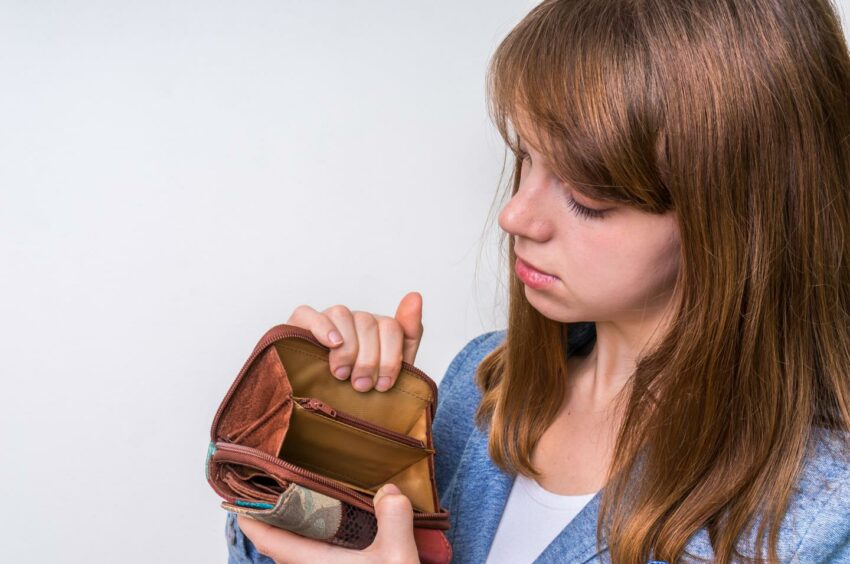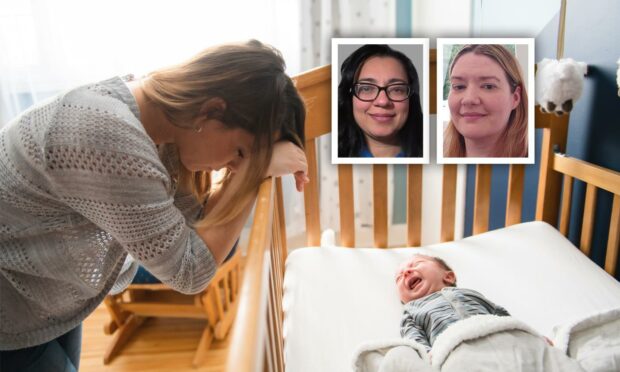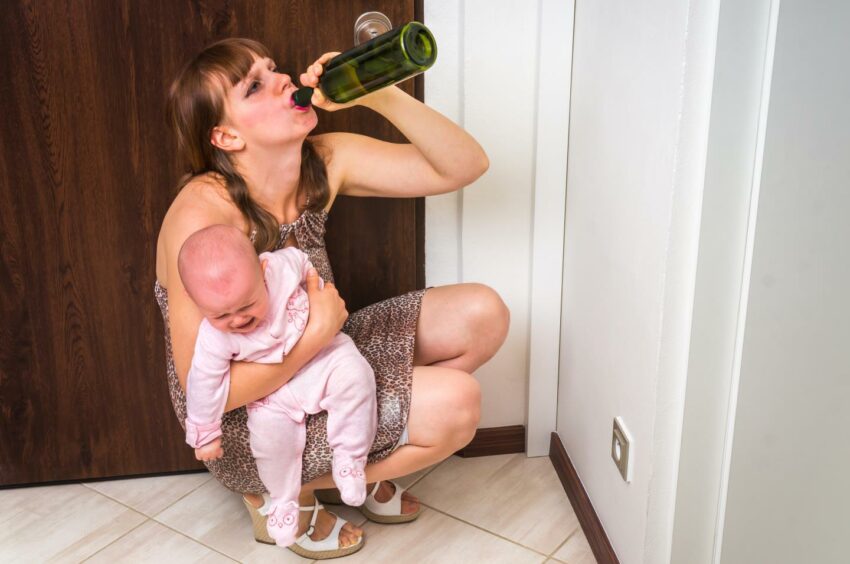A new study has revealed four in 10 parents in Scotland are battling mental health issues as a result of the pandemic.
Research conducted by charity Stem4, which supports positive mental health in youngsters, showed 85% of parents in Scotland admit the pandemic has left them feeling overwhelmed.
According to their survey, at the beginning of Covid-19, three in 10 parents reported mental health difficulties.
However, this figure now stands at four in 10.
Aberdeen specialists have said this could be because parents were juggling unexpected pressures, such as home schooling or caring for young children who would normally be in nursery school.
Which parents are most affected?
The research showed certain groups were found to be more susceptible than others.
Of the 1,000 parents and carers surveyed, those who have adopted children were at a 63% additional risk of mental health challenges.
Single parents had a 52% greater chance of poor mental health, and people on an annual salary of £30k or below were 49% more prone than those on wealthier incomes.

Mental health difficulties included stress, anxiety, depression, PTSD, anger and behaviour difficulties, eating disorders, self -harm and burnout.
Parents facing ‘fear of the unknown’
Nara Morrison, an Aberdeen-based psychotherapist, stressed how the constant fear of getting coronavirus has been a huge factor in mental health problems.
She said people felt anxious about catching it and then passing it on to others, which made interactions difficult.
“Getting back into the previous routine after restrictions are being slowly eased, may also feel like a scary prospect for some,” she added.
“Even now, when schools are open and are operating and most children are back to school, their worry and fear of the unknown is still there.”
As a result, she went on to explain, many find it more difficult to relax, or they get easily upset, worry constantly and overreact to the smallest issues.
“It is usual to have the fear of the unknown. Unfortunately, it is a core contributor to feeling anxious,” she said.
“So, if this fear becomes overwhelming and paralysing, it is time to take measures and, even, to look for help from a professional.” She said.
‘Unhealthy coping strategies’
She also discussed the toll a lack of social interaction from outside their household has had.
“Humans are social animals, we are born to socialise,” she said.
“But people were cut off from their friends, couldn’t go to the gym or even for a walk in groups, socialise at parties or even go out for a meal.
“They couldn’t even see their closest family members.
“This made many feel lonely and I heard stories of struggle enough to turn to unhealthy coping strategies – increased consumption of alcohol, use of recreational drugs.”
Aberdeen-based counsellor Patricia McIntosh explained why she thinks the figures are considerably higher.
She said: “Parents have found themselves under never-before-experienced pressures due to Covid-19 and have been experiencing more issues around mental health as a result.
“Parents are working full time while trying to home school or caring for young children who would normally be in nursery school, so it is understandable that their mental health would have been affected.”
She proceeded to give advice to all the parents currently struggling to cope.
“My advice to parents would be, remember that you are doing your best and do not compare yourself to other parents,” she said.
“You need to look after yourself as well as the kids, take time out, even if it is just to have a cup of tea.
“Reach out to friends and family and don’t keep it all to yourself because you feel like a bother.”
She also suggested getting support with any parenting issues so you “don’t feel you’re on your own” with resources available to look at such as Family Lives.
Read more:
Stephen Fry discusses mental health challenges during lockdown
Rizzle Kicks star Jordan Stephens issues mental health call amid lockdown
Eight in 10 think demand for mental health services will rise after pandemic




